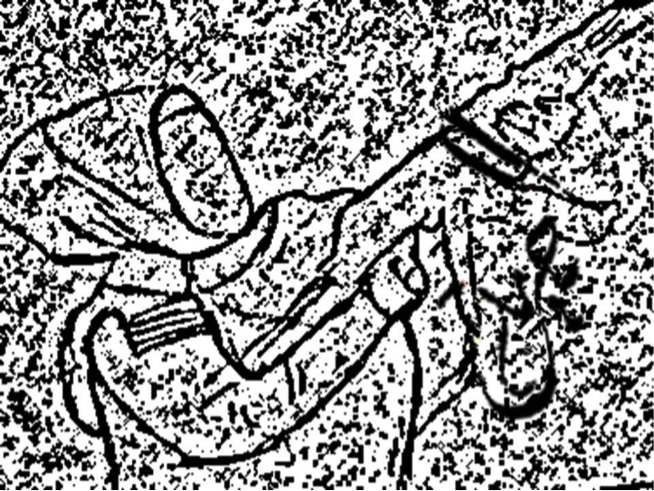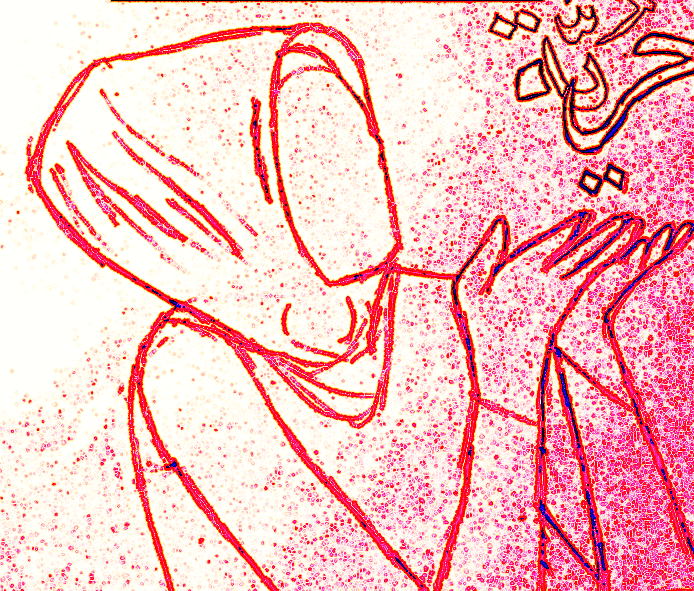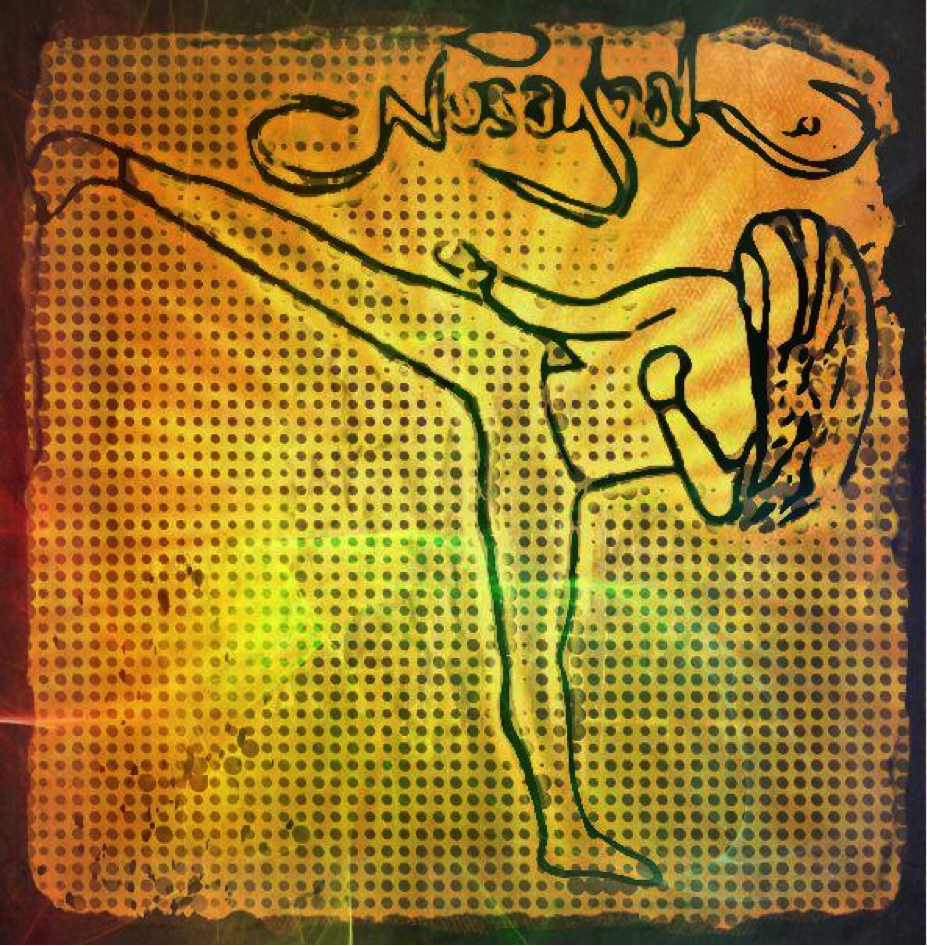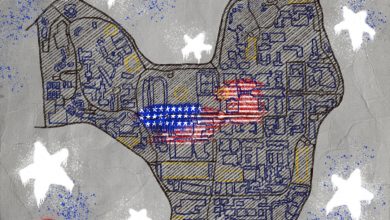Damned if We Do, Damned if We Don’t: Aboard the Romantic Muslim Woman Train

“She speaks eloquently in Kurdish with poetic flourishes. She sings a folk song she wrote herself. The lyrics honor friends she’s lost. Shots ring in the background as she sings. The fight for Kobani is far from over.” – “Engel in Kobani: Women Are on the Front Lines Against ISIS”, NBC
As a Muslim woman, we are damned if we do, damned if we don’t.
Damned in the media if we stand for justice, damned in the media if we don’t stand for justice.
Yep, I said it, and trouble’s already brewing, especially as a woman who speaks from a non-mainstream “Arab/Desi” background.
Here’s the problem that seems to have perpetuated at an ever-rising pace: the idea, the fantasy, and the sexiness of the covered Muslim woman.
This idea perpetuates the image of a fanciful Muslim, gorgeous woman, face partially hidden, revealing nothing but her light brown eyes, who is either oppressed by the chains of religion and culture, or fighting against them by working with the tools she has learnt in her domestic sphere.
You would think that the 21st century would would create a more realistic portrayal of women abroad. However, as shown in the above article, fanciful Orientalist ideology clouds people’s heads so that they can’t see how strong Muslim women really are.
I, as a Muslim woman, am proud to say that there are women fighting against ISIS in Kobani, a city bordering Syria and Turkey, which should really be called the UN-Islamic State. There are Age-old Islamic stories of Muslim women defending themselves during the war, and yet, instead of these modern Muslim women receiving credit for the dedication of their work, their portrayal in Western media has become obstructed with scenes of Muslim women singing folk songs and focusing on their appearance: the black scarf covering her hair, the eye-liner surrounding her eyes “just right.” Often times, I feel like I am told “Orientalism has passed. We respect Muslim women. We recognize that they are not oppressed”. These kinds of physical descriptions are passed off as stories depicting the struggle of Muslim women fighting; however, in the context of fighting ISIS, such depictions are irrelevant to the kinds of violence these women face.

Perhaps it’s time the media gets real: recognition of Muslim women is obstructed when language is used to feminize them in such a way that it takes away from their work. If the media is busy writing about the folk songs she’s singing and focusing on her looks instead of her beliefs, her justifications, and her solidarity with fellow Muslim women, then this must be Orientalization? Why is it that when women are depicted fighting and protesting for their cause, we pay more attention is given to the beauty or the aesthetics instead of the actual political movement?
As a woman who also understands the cultural differences of expression in language, poetry is used as means of speaking metaphorically in Kurdish/Turkish tradition. However, the portrayal of poetry is used to depict Muslim women as passive in order to show the Muslim woman as a girly object of pity.
Instead of focusing on the romantic images of the East, I propose that we should be discussing the ways in which the women of Kobani have relied on stories passed down through oral history, such as the story of Nusaybah in the Prophet (SAWS) time, where a courageous woman wielding a sword fought alongside women.

Here in the west, Muslim women’s voices are previously subaltern and now there is an attempt to give them voice but, if one is to change or manipulate their voice, is that really their voice at all? Often the mainstream media attempts to portray these images but usually turn to Orientalist ideals that obscure the Muslim woman’s story.
I propose that we as a community educate ourselves in verifying sources and learning the ways in which these women drew their strength to thwart gender construction, illicitly oppose UN-ISIS ideology, and learn to take the gun into their own hands.
One day, we Muslim women will be able to capture the political attention of governments, media, and citizens. We will be able to fight for social justice without the need to reference the cloth on our heads and the all-too-familiar black kohl on our eyes.




